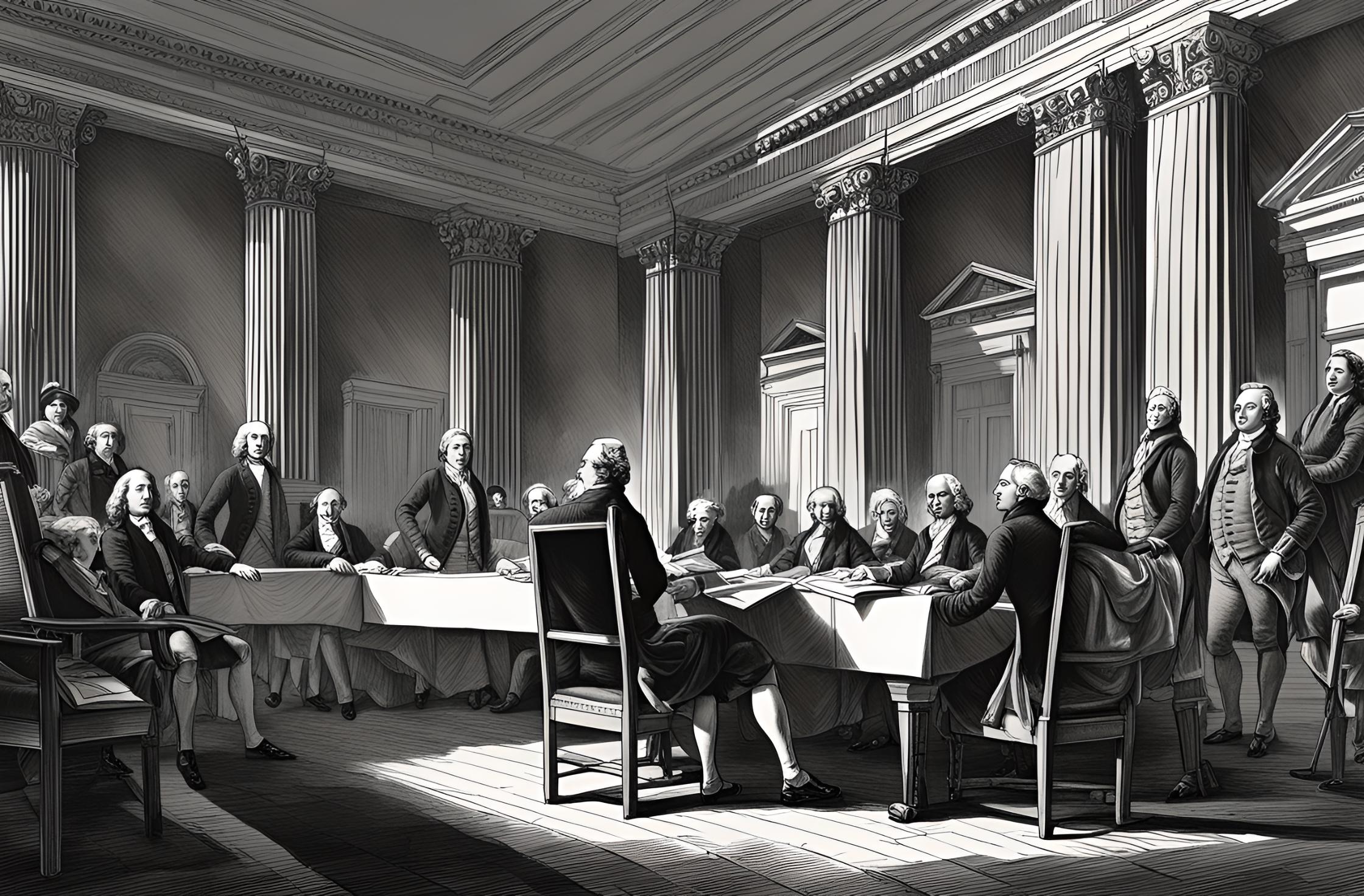Flashback to January 3
American History

The Signing of the Declaration of Independence on July 4, 1776, is known as a pivotal moment in American history. This American historical event marked the official break of the American colonies from British rule, paving the way for the formation of the United States of America. In this article, we will delve into the significance of this event and explore the key figures involved.
The American Revolutionary War had been ongoing for over a year before the signing of the Declaration. The American colonies, tired of being subjected to British taxation without representation and other oppressive policies, had declared their independence and sought to establish a new nation. The signing of the Declaration of Independence solidified this proclamation and served as a basis for justifying the colonists’ actions to the world.
The document itself was primarily authored by Thomas Jefferson, although it went through several revisions before its final approval. It is notable for its powerful and eloquent language, emphasizing the natural rights of individuals and the legitimacy of a government based on consent. The Declaration of Independence remains one of the most famous documents in American history, embodying the spirit of freedom and independence that define the nation.
On July 2, the Continental Congress voted in favor of declaring independence from Britain. Two days later, on July 4, the delegates assembled once again to debate and adopt the final draft of the Declaration. It was officially adopted by twelve of the thirteen colonies, with New York abstaining. John Hancock, the president of the Continental Congress, was the first to sign, famously making his signature large enough for King George III to read without his glasses.
The act of signing the Declaration of Independence was not without risks. The British viewed the signers as traitors, and many paid dearly for their commitment to the cause of independence. Some were imprisoned, their property confiscated, while others faced personal hardships. Nevertheless, these men were willing to put their lives and reputations on the line to establish a free and independent nation.
The signing of the Declaration of Independence had immediate consequences, rallying support for the Revolutionary War. It provided a unifying symbol for the colonists and was instrumental in garnering support from other nations, such as France, in their fight against Britain. It also set the stage for the drafting and ratification of the United States Constitution, which outlines the fundamental principles of the American government to this day.
The legacy of the signing of the Declaration of Independence continues to shape American democracy. The ideals laid out in the document, such as individual rights, government by consent, and the pursuit of happiness, have served as cornerstones for the nation’s development. The document’s enduring influence can be seen in the struggles for civil rights, equality, and justice throughout American history.
We strive for accuracy. If you see something that doesn't look right, click here to contact us!
Sponsored Content

First patent list issued…
On January 3, 1872,…

Admissions convention meets in…
The Admissions convention, held…

Lost in Yonkers closes…
The Tony Award-winning play,…

Twelve dead coal miners…
On January 3, 2006,…

